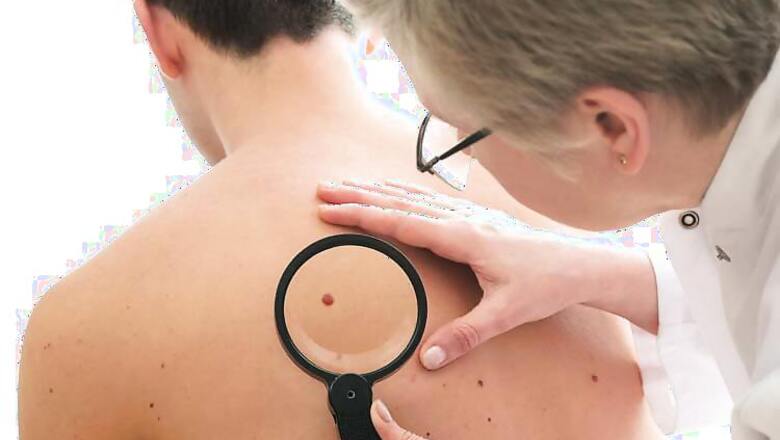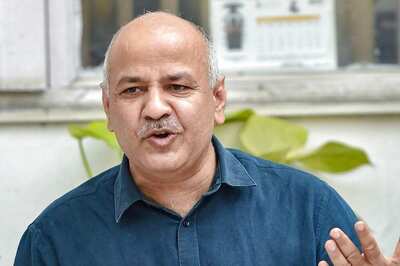
views
Researchers have discovered by accident cancer-fighting properties in a drug typically used to treat high blood pressure.
The drug carvedilol can protect against the sun-induced cell damage that leads to skin cancer, the findings showed.
"What began as an experimental error led to a very interesting scientific discovery," said co-leader of the research team Ying Huang from Western University of Health Sciences College of Pharmacy, California, US.
"Our research could lead to the development of a class of new cancer-preventive agents," Huang said.
The findings are scheduled to be presented at the American Society for Pharmacology and Experimental Therapeutics annual meeting during the Experimental Biology 2017 meeting being held from April 22-26 in Chicago.
Carvedilol's cancer-fighting properties were discovered when a former graduate student in Huang's lab was studying whether carvedilol and similar beta blockers might increase cancer risk.
The student inadvertently tested carvedilol's ant-icancer effect rather than its ability to promote cancer, finding that carvedilol surprisingly showed some protective effects against skin cancer.
The researchers then conducted experiments with cell cultures and mice to see if carvedilol could prevent skin cancer caused by ultraviolet-B (UVB), the portion of sunlight that tends to damage the skin's top epidermal layers and plays a key role in skin cancer development.
The researchers found that carvedilol exhibited a protective effect in cultured mouse skin cells exposed to UVB and in hairless mice given the drug after UVB exposure.
The experiments showed that carvedilol acted by protecting cells against the cancer-causing DNA damage and cell death produced by UVB.
Hairless mice exposed to UVB and given carvedilol showed decreases in both the severity and number of tumours that developed compared to those not given carvedilol.
The mouse studies also showed that carvedilol delayed skin tumour formation more than sunscreen.




















Comments
0 comment